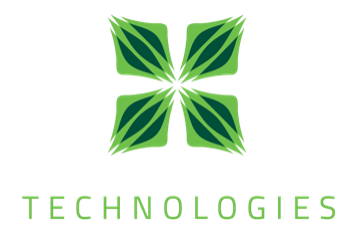Water is a vital resource directly related to economic prosperity, public health and security. It is essential for industrial and domestic activities, and is subsequently turned into wastewater. This often contains contaminants with harmful impact to the environment but could also be a potential source of energy and useful materials.
Water and wastewater treatment involve a number of physical, biological, chemical and catalytic processes, able to remove or effectively reduce the presence of pollutants.
Conventional treatment consists of well-established, mainly physical and biological processes and operations aiming to remove solids, organic matter and, sometimes, nutrients from wastewater. It is usually described with different degrees of treatment (preliminary, primary and secondary) and provides efficiency and reliability for wastewater effluents with stable flow rates and chemical composition.
Nevertheless, it requires high capital and operating expenditures, with large plant footprint, difficult to upgrade in order to meet ever-changing wastewater regulations.
More importantly, conventional treatment is unable to address diverse industrial or municipal wastewater sources, such as decentralised facilities, not connected to the main wastewater networks, with variable flow rates and temporal changes in production.The chemical composition of wastewater and in particular the presence of numerous compounds of emerging concern that are not successfully removed, challenge the efficacy of those methods.
To this end, multiple advanced treatment methods are available, providing versatile, scalable, small footprint and mobile solutions with low capital expenditure.They present a viable alternative for stand-alone and hybrid/modular treatment processes, which can be specifically designed, easily modified and upgraded, to suit today’s needs.



